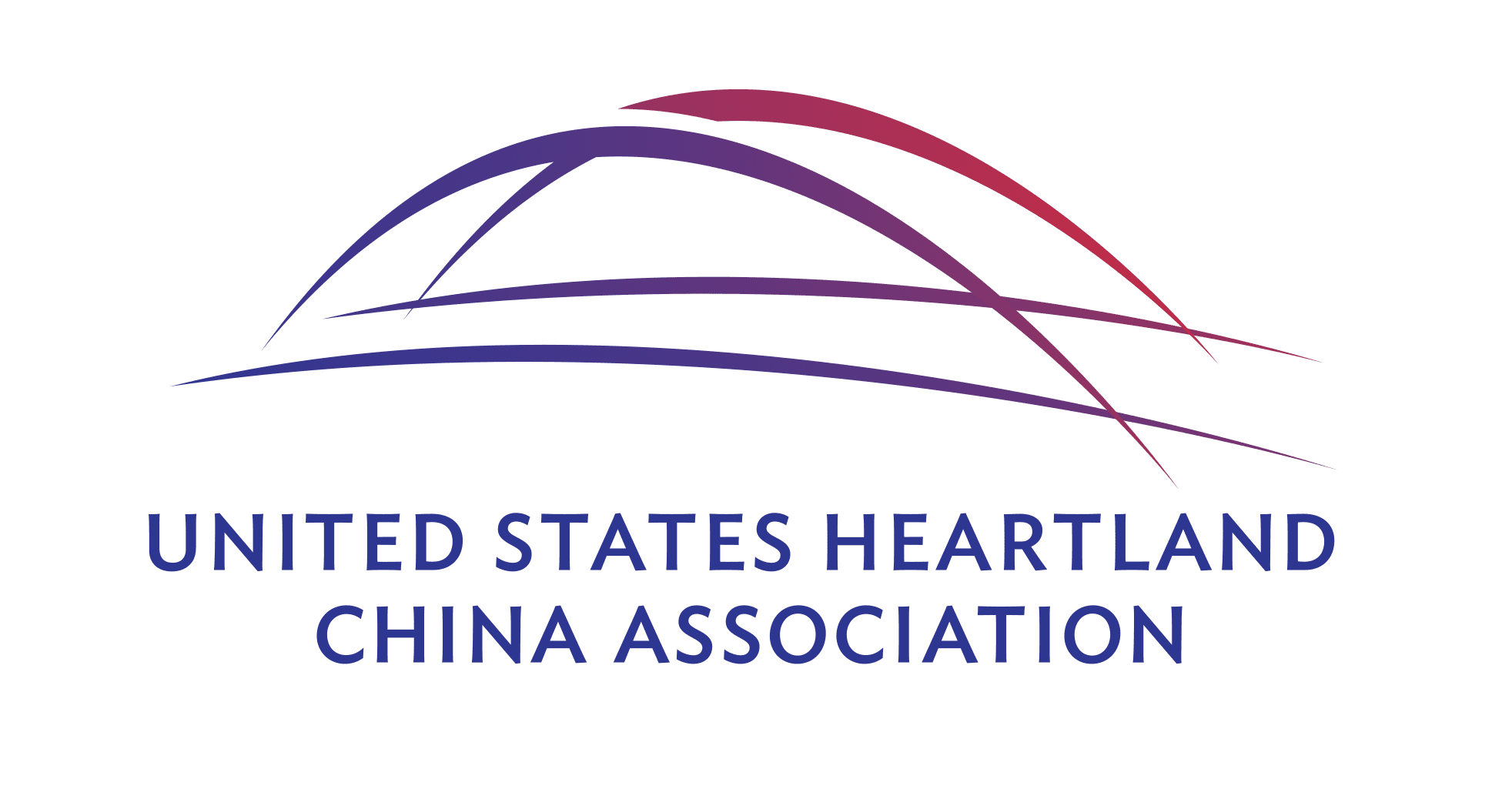Economic transformation in both the U.S. and China has created winners and losers in its respective society. While some regions are thriving, others have struggled. In this joint event organized by LRCCS, USHCA, and Taubman, we have invited the leading experts on shrinking cities to explore the lessons learned from the post-industrial shrinking cities in both the U.S. and China and how both countries are learning to help the communities that are left behind in the face of technology and global changes.
This webinar will also be in part to celebrate the Lieberthal-Rogel Center for Chinese Studies’s 60th anniversary.
Panelist

Alan Mallach
Senior fellow with the Center for Community Progress in Washington, DC and teaches in the Graduate Center on Planning and the Environment at Pratt Institute in New York City
Alan Mallach
Alan Mallach is a senior fellow with the Center for Community Progress in Washington, DC and teaches in the Graduate Center on Planning and the Environment at Pratt Institute in New York City. He is widely known for his work on older industrial cities, and has studied urban issues and lectured in many European countries, Israel and Japan, as well as in the United States. He served as director of housing & economic development for the city of Trenton, New Jersey and taught at Rutgers University and Stockton State College. Author of many books, articles and research studies, his most recent book is The Divided City: Poverty and Prosperity in Urban America, which explores the uneven effects of urban revival on lower income residents and communities of color. He is currently co-authoring a book on neighborhood change. He is also an accomplished pianist and author of two books on 19th century Italian opera. He holds a B.A. degree from Yale College, and lives in Roosevelt, New Jersey.
Panelist
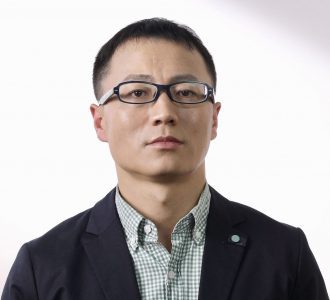
Dr. Ying Long 龙瀛
Research professor school of Architecture, Tsinghua University, China
Dr. Ying Long 龙瀛
Ying Long, Ph.D. is now working in the School of Architecture, Tsinghua University, China as a research professor. His research focuses urban science, including applied urban modeling, urban big data analytics & visualization, quantitative urban studies, planning support systems, data augmented design and future cities. He has an education background in both environmental engineering and city planning. Before joining Tsinghua University, he has worked for Beijing Institute of City Planning as a senior planner for eleven years.
Familiar with planning practices in China and versed in international literature, Dr. Long’s academic studies creatively integrate international methods and experiences with local planning practices. He has published almost two hundred papers and led over twenty research/planning projects. His funded projects range from international organizations like World Bank, World Health Organization, World Resource Institute and NRDC, and Wellcome Trust, internet companies like Alibaba, Baidu, Jingdong, Tencent, Didi, Mobike and Gudong, local governments like Beijing, Chengdu, Qingdao, Hefei, Zunyi, Rongcheng and Laizhou, to central governments like NDRC and MOHURD, and the NSFC. Dr. Long is also the founder of Beijing City Lab (BCL www.beijingcitylab.com), an open research network for quantitative urban studies.
Panelist
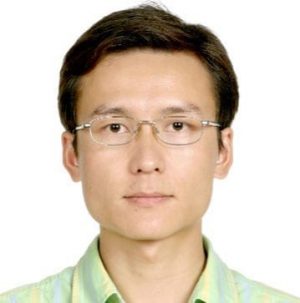
Jianhui Yu 余建辉
Associate Fellow of the Institute of Geographic Science and Resources, at the Chinese Academy of Sciences
Jianhui Yu 余建辉
Yu Jianhui is Associate Fellow of the Institute of Geographic Science and Resources, at the Chinese Academy of Sciences. He graduated from the Department of Urban and Environmental Sciences of Peking University in 2005 with a Bachelor's degree in Geography. In 2011, he graduated from the Institute of Geographic Science and Resources of the Chinese Academy of Sciences with a PhD in Human Geography.
Since September 2011, he has worked at the Institute of Geography for the Chinese Academy of Sciences. He has been engaged in the transformation research of resource-based cities and old industrial bases (industrial and mining regions) for a long time and participated in over 40 projects, including the National Natural Science Foundation, the National Science and Technology Support Plan, the pilot projects of the Chinese Academy of Sciences, and the consultation and deliberation projects of the Chinese Academy of Sciences, successively published over 90 academic papers, participated in the compilation of 5 works, including The Study on the Sustainable Development of Resource-based Cities of China, and as a core member of the third-party evaluation team, and participated in the sustainable development evaluation of resource-based cities, resource-depleted cities, independent industrial and mining areas, coal mining subsidence areas and other relevant special types of regions.
Panelist
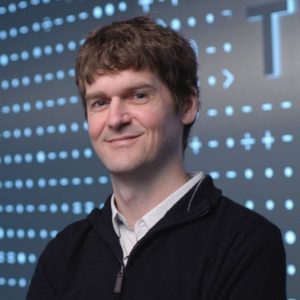
Brent D. Ryan
Head of the City Design and Development Group and Associate Professor of Urban Design and Public Policy in MIT’s Department of Urban Studies and Planning
Brent D. Ryan
Brent D. Ryan is Head of the City Design and Development Group and Associate Professor of Urban Design and Public Policy in MIT’s Department of Urban Studies and Planning. His research focuses on the aesthetics and policies of contemporary urban design, particularly with respect to pressing issues like deindustrialization and climate change. Professor Ryan’s first book Design After Decline: How America rebuilds shrinking cities, was one of Planetizen’s ten best urban planning books of 2012, and his second book The Largest Art: A measured manifesto for plural urbanism, was published by MIT Press in 2017. Professor Ryan has published research in the Journal of Urbanism, Journal of Urban Design, Journal of Planning History, Urban Design International, Urban Morphology, Journal of Planning Education and Research, Journal of Planning and Development, and the Journal of the American Planning Association, which awarded his article “Reading Through A Plan” its best article of 2011. Professor Ryan has contributed chapters to The Companion to Urban Design, The City After Abandonment, The Oxford Handbook of Urban Planning, and others.
Professor Ryan conducts urban design research and practice around the world, including China, Ukraine, Russia, India, and the United States. Current research includes a study of sustainability in Siberian cities funded by the U.S. National Science Foundation, and a study of riverfront industrial redevelopment in Kolkata, India. Professor Ryan has consulted for the World Bank among other organizations relating to cities, urban design, economic and demographic shifts. Prior to joining MIT, Professor Ryan taught at the Harvard Graduate School of Design and the University of Illinois at Chicago, where he was also Co-Director of the City Design Center. Professor Ryan holds a B.S. in biology from Yale University, a M. Arch. from Columbia University, and a Ph.D. in urban design and planning from MIT.
Moderator
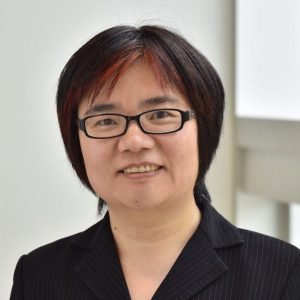
Lan Deng 邓岚
Professor of Urban & Regional Planning and the Associate Director for the Lieberthal-Rogel Center for Chinese Studies at the University of Michigan
Lan Deng 邓岚
Lan Deng is Professor of Urban & Regional Planning and the Associate Director for the Lieberthal-Rogel Center for Chinese Studies at the University of Michigan. She has been studying affordable housing policy and finance in the United States and China. She is a leading expert in the study of the Low-Income Housing Tax Credit (LIHTC) Program, the largest affordable housing production program in the U.S. Her recent research has examined how affordable housing development as well as community-based efforts may help stabilize neighborhoods that suffer from population loss and disinvestment in the city of Detroit. Deng’s China research addresses the provision of affordable housing in a strong-state system that has transitioned from a public housing model to a more market-oriented approach.
Deng also serves as the North American Editor for the international journal Housing Studies. Deng received her Ph.D. in City and Regional Planning from the University of California, Berkeley, an M.S. and B.S. from Peking University, China.
Panelist
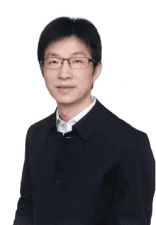
Yongsheng Zhang 张永生
Director General and Research Fellow of the Research Institute for Eco-Civilization of Chinese Academy of Social Sciences
Yongsheng Zhang 张永生
Professor/Dr. Yongsheng Zhang is Senior Research Fellow and Director General of Research Institute for Eco-Civilization (RIEco) at Chinese Academy of Social Sciences (CASS). Prior to joining CASS in 2019, he was the Chief Expert on Green Development, Senior Research Fellow at Development Research Center(DRC) of the State Council of P.R. China. He is a Special Advisor of China Council for International Cooperation on Environment and Development (CCICED) . His research is mainly focused on ecological civilization, environmental & ecological economics, green development, and Chinese economy.
In recent years, he has been doing systematic theoretic and policy research on green development in the perspective of redefining development and exploring its new policy implications for environment and development. He also conducted natural green development experiments in less developed regions for achieving leapfrog development through green transformation. He is also the author of numerous policy reports, including “The New Era of Green Development: China’s Transition to 2050”, a flagship report of CCICED, and “Seizing the Opportunity of Green Development in China”, a pillar report of the joint project between DRC and the World Bank “China 2030”.


